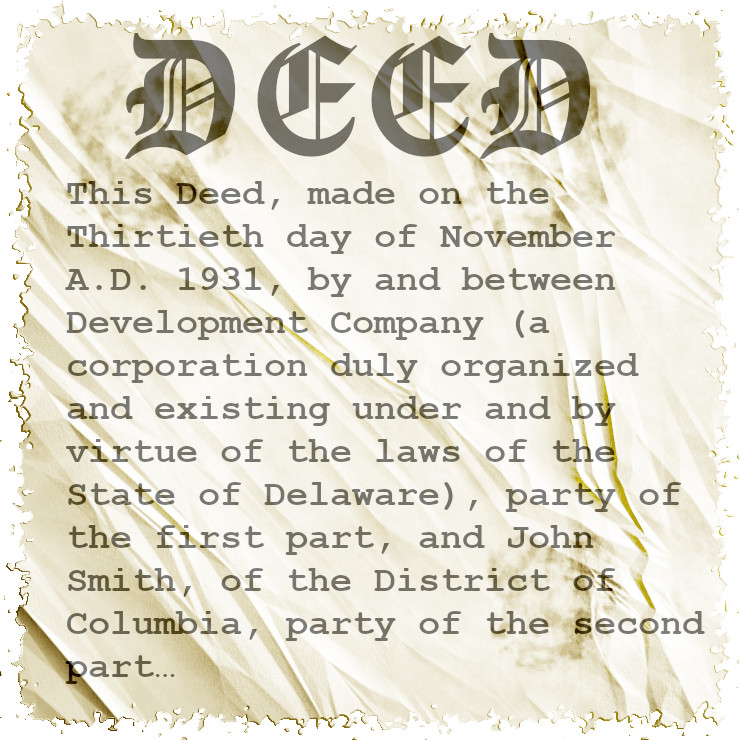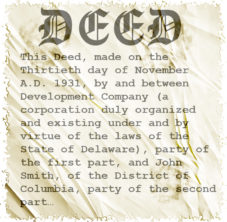In Part 1 of this series we described the background and potential extent of HB1300 and its intent to void restrictions on multi-family housing. In this part we’ll describe some implications of this legislation, one of which was articulated by a resident of Olney to an Annapolis delegate (redacted).
“I am writing this note to solicit your unfavorable report on bill MC 8-24 (aka HB 1300)…Our board of directors has reviewed this bill and is unanimously opposed to this bill as it usurps the authority of HOA covenants and property rights that all owners bought into when they invested their life’s savings in property in a planned community in Montgomery County. This legislation would retroactively make HOA covenants signed at settlement void and unenforceable. This would appear to be an unconstitutional violation of the rights of property owners.”
This is heartbreaking. Unlike zoning and permits, which are issued by a local government, deeds and covenants are contracts between two private parties, typically the developer/HOA and the buyer. One party offered a property with certain characteristics (such as a single-family dwelling [SFD] with surrounding properties also SFD), and the other party bought assuming performance according to those characteristics. These restrictions survive in perpetuity until revoked by the HOA (somewhat possible) or an entire neighborhood (almost impossible). Why should a third party, a state government, have the right to void those conditions? We indeed will see if HB1300 is a constitutional violation; my bet is that the Maryland Supreme Court will uphold, and the federal Supreme Court won’t get involved.
Regardless, there are two impacts every affected homeowner incurs. The first is the threat that a promised lifestyle is now precluded. A common American dream is to live in a neighborhood with light traffic flows, a back yard, a garage, and the occasional illegal 4th of July fireworks display. By forced removal of deed restrictions, fulfillment of that dream is cast in doubt. The second impact is financial. The affected owner may see a decline in the property’s value or a substantial increase; the outcome is not clear, although generally a plot of land with a four-plex that rents in toto for $6,000/month is more valuable than a plot of land with a single-family home that rents for $2,500/month. In such situations, an existing homeowner may have a financial reward (again, not guaranteed).
Besides that, the routine objections that existing homeowners have to zoning changes apply to this legislation as well. A sudden increase in a neighborhood’s population will put a strain on infrastructure (electricity, sewage, water, telecom, streets) and on the schools. Should your neighborhood’s population increase threefold, will your local elementary school be able to absorb the new students? If not, the county government will provide that infrastructure for us, possibly leading to even higher property taxes.
On the other hand, Delegate Moon, the sponsor of this bill, is acknowledging that the laws of supply and demand are the best way to resolve the high cost of housing. Federal employees or contractors with a median salary of $150,000 should not be locked out of the local housing market because the median cost of a house is $635,000. They will get some relief in the form of expanded housing stock at correspondingly lower prices. Can this outcome be possible without the state government voiding a contract between two private parties? We’ll discuss that in Part 4 of this series.




